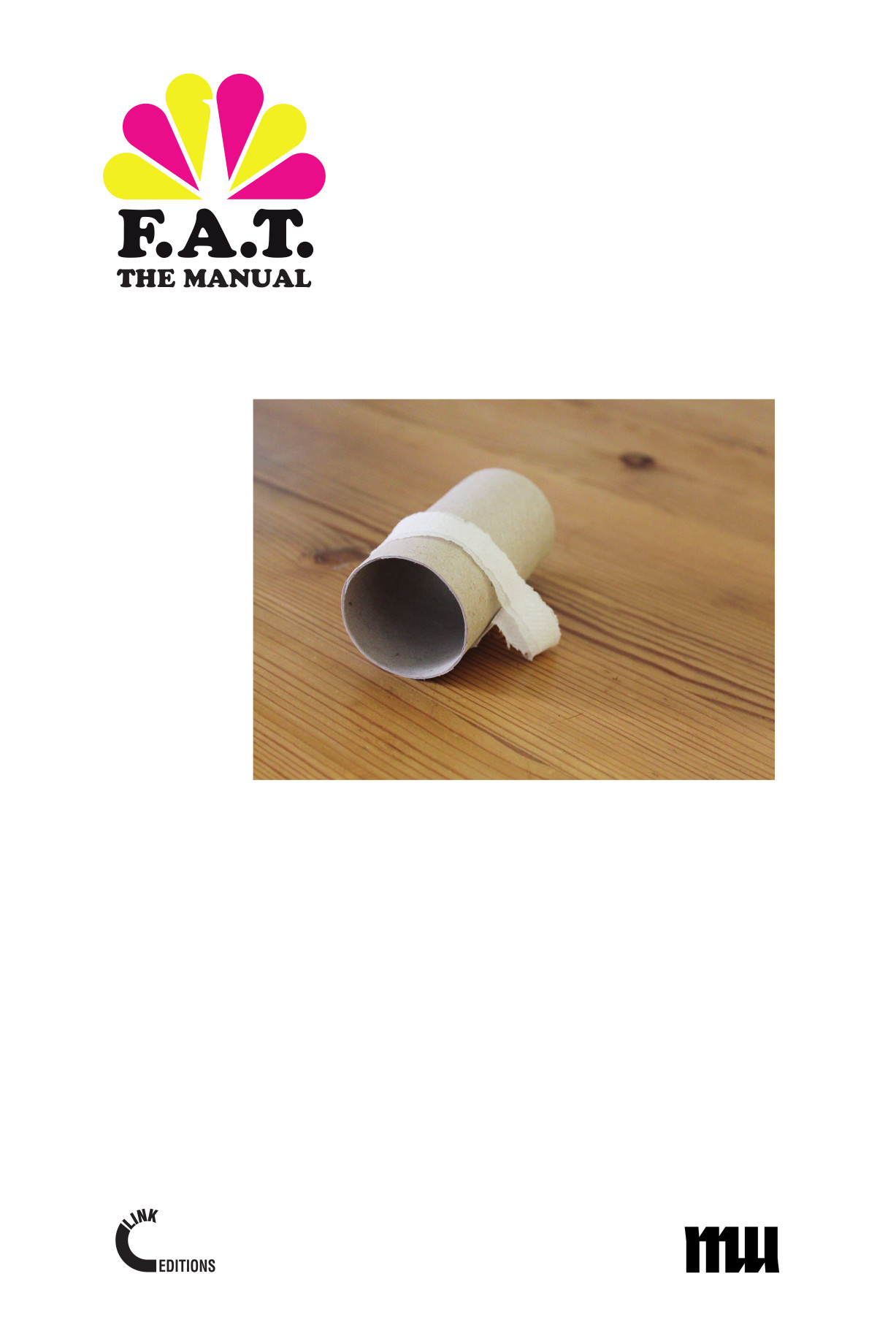Wolfgang Ernst: Digital Memory and the Archive (2012)
Filed under book | Tags: · archive, art, communication, computing, culture, data, history, information, internet, knowledge, machine, media, media archeology, media studies, media theory, memory, photography, radio, sound, storage, technology, television, temporality, time

“In the popular imagination, archives are remote, largely obsolete institutions: either antiquated, inevitably dusty libraries or sinister repositories of personal secrets maintained by police states. Yet the archive is now a ubiquitous feature of digital life. Rather than being deleted, e-mails and other computer files are archived. Media software and cloud storage allow for the instantaneous cataloging and preservation of data, from music, photographs, and videos to personal information gathered by social media sites.
In this digital landscape, the archival-oriented media theories of Wolfgang Ernst are particularly relevant. Digital Memory and the Archive, the first English-language collection of the German media theorist’s work, brings together essays that present Ernst’s controversial materialist approach to media theory and history. His insights are central to the emerging field of media archaeology, which uncovers the role of specific technologies and mechanisms, rather than content, in shaping contemporary culture and society.
Ernst’s interrelated ideas on the archive, machine time and microtemporality, and the new regimes of memory offer a new perspective on both current digital culture and the infrastructure of media historical knowledge. For Ernst, different forms of media systems—from library catalogs to sound recordings—have influenced the content and understanding of the archive and other institutions of memory. At the same time, digital archiving has become a contested site that is highly resistant to curation, thus complicating the creation and preservation of cultural memory and history. ”
Edited and with an Introduction by Jussi Parikka
Publisher University of Minnesota Press, 2012
Volume 39 of Electronic Mediations
ISBN 0816677670, 9780816677672
265 pages
Reviews: Liam Cole Young (Reviews in Cultural Theory, 2013), Peter Ward (Information & Culture, 2014).
For more from Wolfgang Ernst see Monoskop wiki.
Comment (0)Domenico Quaranta, Geraldine Juárez (eds.): The F.A.T. Manual (2013)
Filed under book | Tags: · art, diy, hacker culture, hacking, internet, technology

“In more than five years of activity, the Free Art and Technology Lab (F.A.T. Lab) produced an impressive series of projects, all developed with open source software, shared online and documented in a way that allows everybody to copy, improve, abuse or simply use them. This approach situates F.A.T. Lab in a long tradition of DIY, processual, sharable artistic practices based on instructionals, and reveals a democratic idea of art where Fluxus scores meet hacker culture (and rap music).
Featuring texts by Régine Debatty, Evan Roth, Domenico Quaranta, Geraldine Juárez and Randy Sarafan, The F.A.T. Manual is a selection of more that 100 projects, done in the belief that printing these bits on paper will allow them to spread in a different way, infiltrate other contexts, and germinate. An archive, a catalogue, a user manual and a software handbook documenting five years of thug life, pop culture and research and development.”
Publisher Link Editions, Brescia, 2013
Creative Commons Attribution-NonCommercial-ShareAlike 3.0 Unported License
ISBN 9781291577914
224 pages
PDF, PDF (36 MB, updated on 2024-2-3)
Comment (0)Theory, Culture & Society 30 (6), Special Issue: Cultural Techniques (2013)
Filed under journal | Tags: · cultural techniques, culture, media studies, media theory, philosophy of technology, technology

“This special issue is dedicated to Kulturtechniken (‘cultural techniques’), one of the most interesting and fertile concepts to have emerged in German cultural theory over the last decades. Our goal was to compile a collection that can serve as both archive and toolbox. For readers with a more historically-oriented interest in the multilayered past of the concept, we included important earlier proposals to define Kulturtechniken as well as more recent attempts to (re)write the history of the concept in light of current theory debates. For those more concerned with possible applications and implications, we encouraged contributors to apply their particular understanding of Kulturtechniken to new, sometimes unexpected, domains – from servants and swarms all the way to the basic reconfiguration of our understanding of time and machinic temporality. We are, in short, interested in unfolding the concept and probing its use value. Our two guiding questions are: What are cultural techniques? And what can be done with the concept?” (from the introduction)
Edited by Geoffrey Winthrop-Young, Ilinca Iurascu and Jussi Parikka
Publisher Sage, November 2013
ISSN 0263-2764
172 pages
Cultural techniques at Monoskop wiki (with source bibliography)
Publisher

